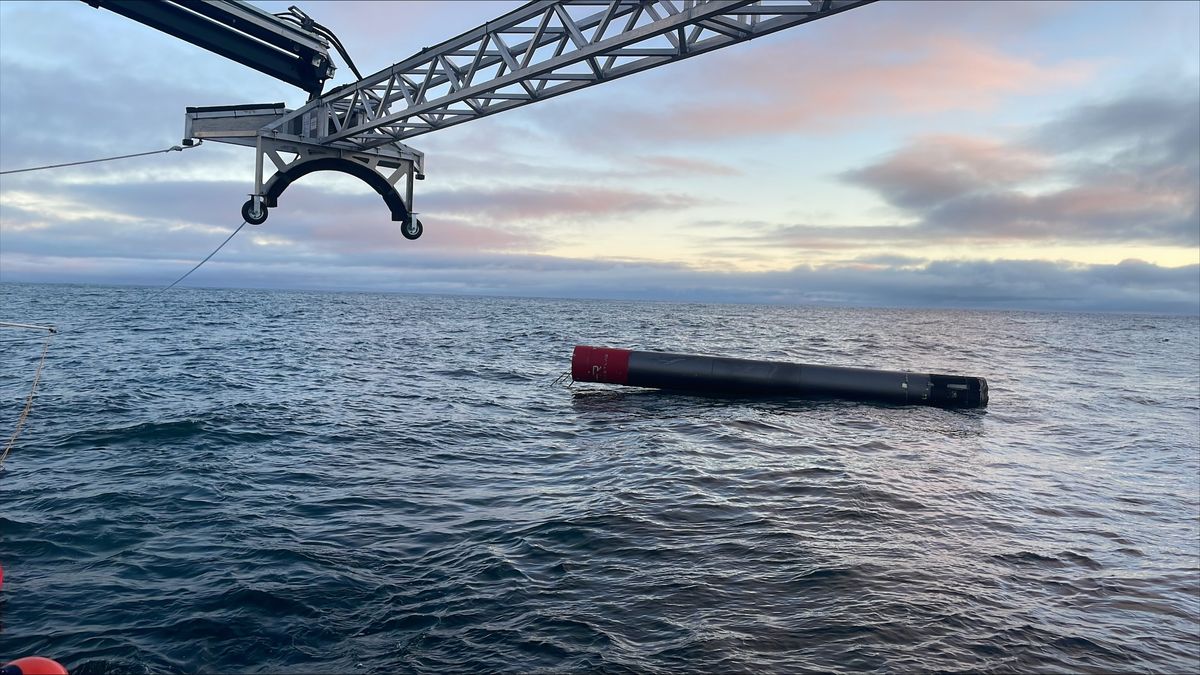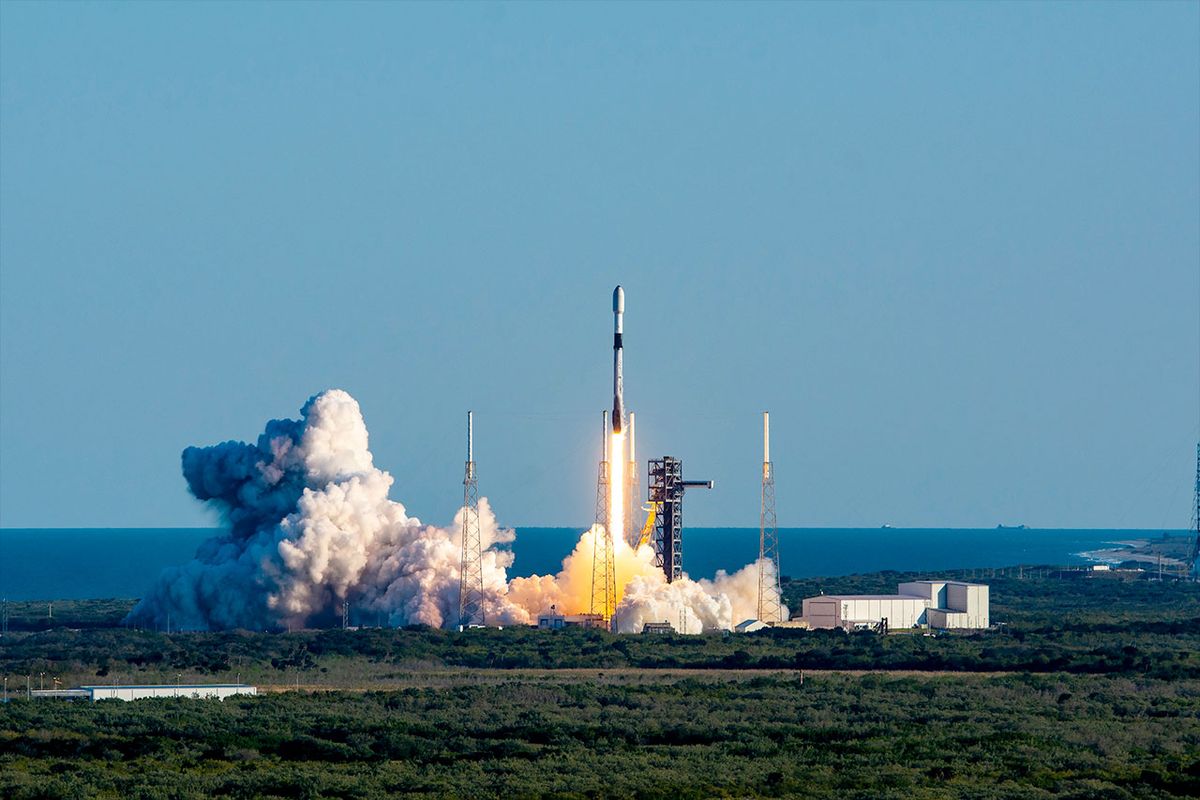Rocket Lab’s Steps Towards Rocket Reflight
Rocket Lab has recently achieved a significant milestone in its journey towards the first-ever rocket reflight. On January 31, the company successfully launched four private satellites into Earth’s orbit using one of its Electron rockets. Following the launch, the vehicle’s first stage made a gentle ocean splashdown. Subsequently, Rocket Lab retrieved the stage from the sea and brought it back to shore for thorough inspection and analysis.
This event marks a crucial turning point for the company, as it has been actively working on recovering boosters and gathering valuable data to enable the reuse of Electron first stages. While Rocket Lab has successfully retrieved boosters in the past, this particular mission will play a pivotal role in advancing the goal of reusability. The company is now preparing to return the booster to the production line for final testing, signaling a significant leap forward.
Peter Beck, the founder and CEO of Rocket Lab, expressed his excitement about this milestone, stating that the company has been continuously improving its recovery process while ramping up Electron production capacity and launch frequency. Beck emphasized the importance of ensuring that systems and qualification processes are ready to accommodate pre-flown boosters on a larger scale.
The booster in question has already undergone extensive testing, surpassing the scrutiny of any previously recovered Electron first stage. These tests include pressurization checks, helium leak inspections, and carbon fiber structural evaluations. In the upcoming phase, the booster will undergo a series of rigorous trials to determine its readiness for reflight, mirroring the testing procedures for a brand-new Electron tank.
Rocket Lab’s Innovations Towards Reusability
- Enhancing Electron’s carbon composite structure to withstand the intense heat and atmospheric forces during reentry.
- Improving the parachute system for reliable deployment and controlled deceleration post-splashdown.
- Optimizing telemetry and tracking systems for swift recovery of the booster upon splashdown.
- Streamlining the retrieval process to ensure safe transit back to the production complex.
- Successful launch of a previously flown Rutherford engine.
If Rocket Lab’s endeavors are successful, the Electron rocket, standing at 59 feet tall, will become the first small orbital launch vehicle with a reusable first stage. While larger launch vehicles like SpaceX’s Falcon 9 and Falcon Heavy already feature reusable boosters, the achievement of reusability on the Electron rocket would be groundbreaking in the realm of small satellite launches.
Image/Photo credit: source url





